Ukraine: Putin’s war crimes and how West can respond to tyranny – writes David Hobbs, former Nato diplomat from Yorkshire
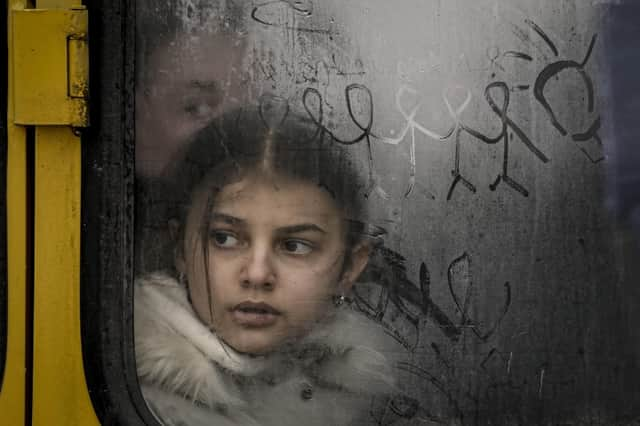

It also marks the end of the beginning for a new era in geo-strategy and how world’s democracies respond to threats aggressive autocracies.
Advertisement
Hide AdAdvertisement
Hide AdFor President Putin, all plausible outcomes leave him in trouble. Even if Russian forces occupied the whole of Ukraine, that occupation could not be sustained.
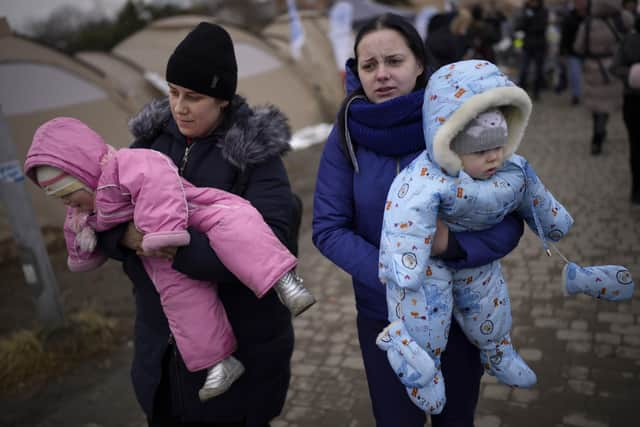

The numbers speak for themselves. During the worst of the troubles in Northern Ireland, the United Kingdom had around 20,000 armed forces personnel serving there, among a population of around 1.5 million.
Applying that ratio to Ukraine, Russia would need about 500,000 troops – more than double the number currently engaged in the invasion attempt.
Advertisement
Hide AdAdvertisement
Hide AdBut even that number would be insufficient in the circumstances in Ukraine so – sooner or later – the Putin regime will have to click its spin doctors into overdrive and retrench.
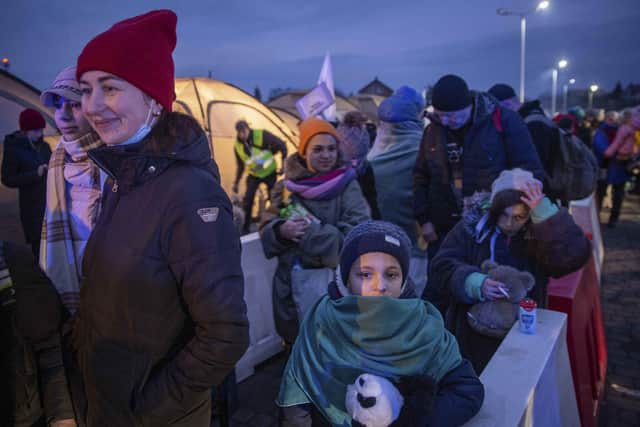

President Putin will certainly not withdraw his forces back to within Russia’s borders, but consolidate his grip on Crimea, parts of Donbas, perhaps a land corridor between the two, and possibly a few areas bordering Russia, but certainly nothing like the entirety of Ukraine.
So his regime will remain an international pariah, facing a newly united coalition of democratic alliances and nations. He will hope to “wait them out”, expecting that the next crop of world leaders will eventually think about another fresh start, but that seems a faint hope indeed.
A line has been crossed. Sanctions will remain, and Russia’s economy will shrink while disillusionment among the population, the elites and the oligarchs will grow. And despite controls on the media in Russia, the realities of Russia’s invasion will percolate through the many family and personal ties between Ukraine and Russia.
Advertisement
Hide AdAdvertisement
Hide AdThe fact is that President Putin has scored a specular own goal by invading Ukraine. Nato had taken incredible care to avoid any “provocative” force deployments – or even military exercises – on the territories of members who joined the Alliance after the Cold War.
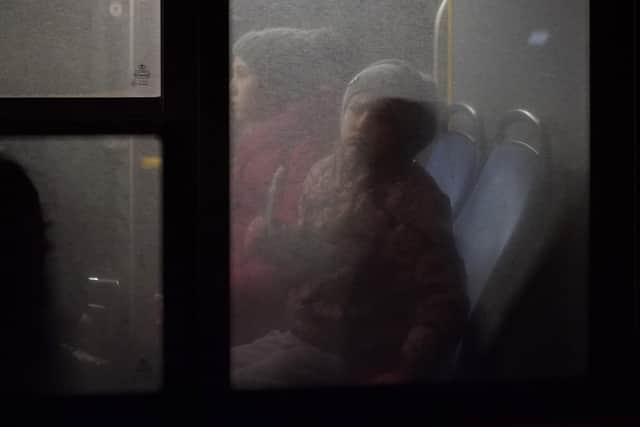

Instead of dividing Nato, President Putin has united it – and almost the entire global community of democracies – in not only condemning but sanctioning Russia for its illegal and immoral invasion of Ukraine. And they are now alert to the fact that Russia’s invasion of Ukraine is actually a violent eruption of the strategic competition between democracies and autocracies which has been taking place for years, mainly in the so-called “grey zone”.
As at the end of the Cold War and after the dreadful 9/11 attacks against the United States, many long-held assumptions are now obsolete, and it is time for new thinking about adapting to a profound shift in the international security landscape.
For years, both Russia and China have sought to weaken and undermine the world’s democracies using methods falling short of military force. They have tried to tear holes in the fabric of democratic societies. Our societies are based on the freedom to express diverse views and the right of others to hold different beliefs.
Advertisement
Hide AdAdvertisement
Hide AdBut hostile disinformation campaigns strive to amplify, exaggerate, and exploit those differences and turn them into rifts and chasms, inflaming tensions, and undermining confidence in governments, political systems, institutions and also beliefs. And disinformation is just one weapon in the grey-zone arsenal alongside deception, election interference, hacking, technology theft, coercion, bribery, trade inducements and “punishments”, or any method of weakening our societies and our democratic institutions.
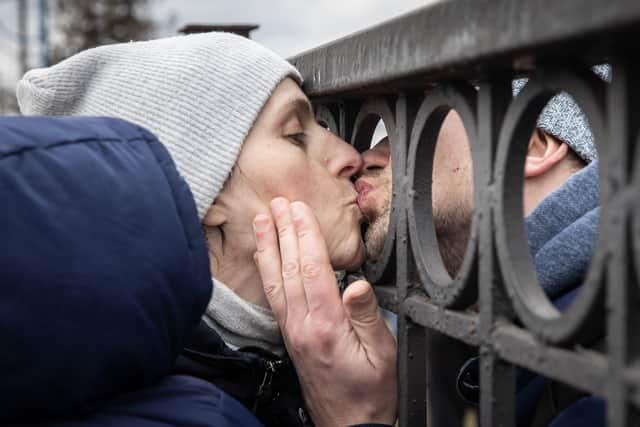

Concerns about Russian energy, “troll farms”, political assassinations, and the largesse of oligarchs are now all too familiar. And China, too, actively seeks to diminish the power and cohesion of Western-style democracies, and has far more resources as its disposal, including formidable trade and economic incentives and disincentives: Chinese industries and tech giants do as they are told.
Until now, however, the world’s democracies have responded with a piecemeal approach. Russia’s invasion of Ukraine, however, has had a galvanizing effect in drawing together what is effectively an informal coalition of democracies. That success must now be moulded into a more systematic framework for orchestrating a proactive approach to managing the complex strategic competition between democracies and autocracies.
So for the end of the President Putin regime the question is not whether but when; for dealing with a new strategic equation, the question is not when but how.
Advertisement
Hide AdAdvertisement
Hide AdDavid Hobbs is the former Secretary General of the Nato Parliamentary Assembly. He is currently CEO of the Atlantic Treaty Association of the United Kingdom. He lives in Ilkley.
Support The Yorkshire Post and become a subscriber today. Your subscription will help us to continue to bring quality news to the people of Yorkshire. In return, you’ll see fewer ads on site, get free access to our app, receive exclusive members-only offers and access to all premium content and columns. Click here to subscribe.
Comment Guidelines
National World encourages reader discussion on our stories. User feedback, insights and back-and-forth exchanges add a rich layer of context to reporting. Please review our Community Guidelines before commenting.